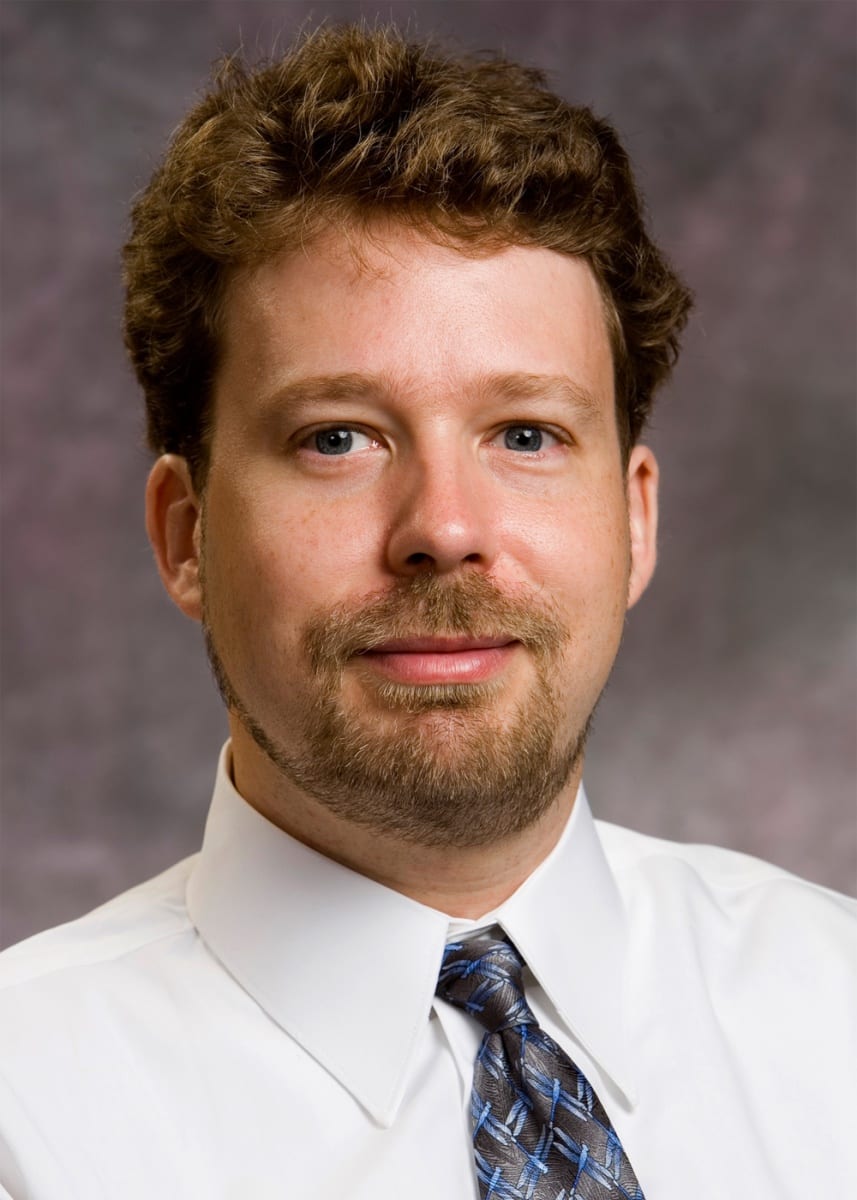
By Gwyneth K. Shaw
UC Berkeley Law’s stellar faculty members are renowned across the nation and the globe for their scholarship and treasured in the classroom for their teaching and mentoring.
Many feel called to do even more, and lend their field expertise, research chops, and analytical skills to unpaid legal work. From writing amicus curiae briefs to overseeing student projects and organizations to courtroom work, these professors are extending the school’s influence far beyond its walls — and legal academia.
“Our faculty’s engagement in pro bono work tells our students that their law degrees come with a responsibility to provide access to our legal system,” Pro Bono Program Director Deborah Schlosberg says. “This model of commitment to service is powerful and an integral component of our pro bono culture.”
That culture includes a smorgasbord of options for students, including more than 40 Student-Initiated Legal Services Projects (SLPS) supervised by faculty or outside lawyers. In the 2023-24 academic year, students logged more than 10,500 hours of pro bono work.
There’s no tracking for faculty, but a broad swath of professors, adjunct faculty, and staff, from Dean Erwin Chemerinsky to Berkeley Center for Consumer Law & Economic Justice Legal Director David Nahmias ’18, engage in pro bono efforts.
“Lawyers, law professors, and law students have the duty to use their expertise to help individuals and causes who cannot afford legal representation. Indeed, the rules of professional ethics make clear that this is an obligation of lawyers,” Chemerinsky says. “I am so proud of the extensive pro bono work done by our faculty and students. It makes a huge difference in people’s lives.”
A core mission
Professor David B. Oppenheimer, who helped bolster the nascent SLPS program when he was director of the school’s professional skills program, says pro bono work is second nature for him.

“I do it because it’s at the heart of what it means to be a lawyer, and in addition to being somebody who teaches and writes, I am a lawyer,” he says.
His recent pro bono work spans a wide range of topics, legal skills, and even countries. He was the counsel of record for an amicus brief filed with the U.S. Supreme Court on behalf of law school deans — including Chemerinsky — in the 2022 college admissions affirmative action cases against the University of North Carolina and Harvard.
He also filed a brief in Japan’s supreme court in a defamation and sexual harassment case, and as the founder and director of the Berkeley Center on Comparative Equality & Anti-Discrimination Law confronts legal issues around the globe with affiliated academics and activists.
Working with UC Berkeley Law students, Oppenheimer is also heavily involved in representing a tenured professor whose funding was withdrawn after she developed a significant disability. Initially, he was a consultant for the plaintiff’s lawyer.
“But my students and I got more and more involved, and when we got to trial last December, the plaintiff’s lawyer took ill and asked me to take over,” he says. “With the help of a couple of students who were with me, I tried the case, a two-week jury trial.
“Which was great — except we lost.”
The appeal will be heard in Maryland next month, and Oppenheimer still has students helping.
Back to the roots
Almost all of the SLPS are supervised by outside attorneys at nonprofit law offices, public defender offices, and one small law firm. But Environmental Conservation Outreach (ECO), which aims to get students engaged in complex issues of environmental law, is overseen by Professor Eric Biber.

Biber — whose expertise spans environmental law, natural resources law, energy law, land-use law, federal Indian law, administrative law, and property — began his legal career at Earthjustice, a public interest nonprofit. Advising and supervising ECO is a significant amount of work but well worth it, he says.
“It’s rewarding because you get to engage with the students in what they’re training to do: be lawyers,” Biber says.
He’s been working with ECO since students founded it in 2013, helping students pick projects to work on and ensuring they’re using the law wisely. The group’s policy efforts include writing comments on federal oil and gas leasing proposals, engaging with state and local development projects that might affect threatened species, and offering input on environmental justice issues and the impact of oil and gas development in California.
Biber says advising ECO complements his research and teaching, and connects him to his early days as a litigator at Earthjustice.
“I enjoy working with students — it helps keep me engaged with what’s happening as well in the legal advocacy sector,” he says.
A new angle
1Ls Layla Khaled Yousef and Sarah Goodman are working with Oppenheimer on yet another project involving the U.N. Committee on the Rights of Persons with Disabilities. Both say it’s been a meaningful opportunity, both in terms of the issues and the chance to engage with a professor outside the classroom.
“He has become an invaluable mentor and I am excited to conduct such meaningful work with him,” Yousef says.
Oppenheimer’s dedication to justice and to his students things come together in his pro bono work, Goodman says.
“Throughout the semester, he really listened to my passion for disability rights,” she says. “Working with him on this project has been an amazing way to bring together what we’ve learned in class and what I hope to achieve in the world,”